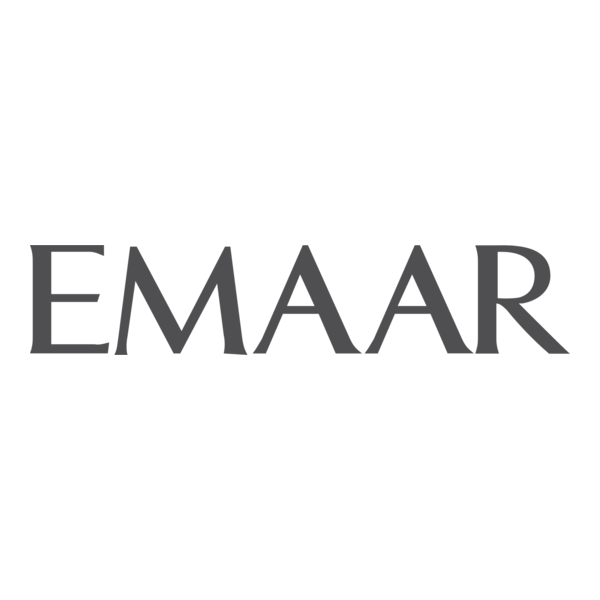Dubai Property Purchase: Complete Conveyancing Process (2025)

What is Conveyancing and Why is it Essential for a Dubai Property Purchase
Conveyancing is the legal and administrative procedure for transferring ownership of a property, a critical step in any Dubai property purchase. This process involves two main stages: the exchange of contracts, which finalises the deal between buyer and seller, and the completion, where the property is legally transferred to the buyer's name. It's essential for anyone considering a Dubai investment property, whether it's an apartment, a villa, or a commercial unit.
Due to the intricate legal requirements and large financial sums involved, managing this process requires specialised knowledge. A conveyancer acts as a neutral third party, coordinating with developers, banks, and government bodies like the Dubai Land Department (DLD) to ensure a smooth and legally compliant transaction in 2025. Their role is to protect your interests, prevent fraud, and manage the complex paperwork, making the entire Dubai property purchase experience less stressful.
The Key Responsibilities of a Property Conveyancer in Dubai
A conveyancer's primary duty is to oversee the entire property transfer from start to finish, providing the legal expertise necessary to navigate the complexities of Dubai's real estate market. This is crucial whether you're acquiring Dubai apartments, Dubai villas, or a Dubai commercial property.
Key responsibilities include:
- Legal Document Handling: Preparing, reviewing, and clarifying all legal documents, such as the Memorandum of Understanding (MOU) or the Sale and Purchase Agreement (SPA). This is especially important for ready or even Dubai off plan properties.
- Due Diligence: Conducting thorough checks to verify the property's title deed, confirm the seller's legal right to sell, and ensure there are no outstanding dues, legal disputes, or development restrictions.
- Financial Coordination: Calculating all applicable fees and taxes, managing the deposit payment in a secure trust account, and coordinating with banks if a mortgage is involved.
- Liaison with Authorities: Communicating with the DLD and developers to obtain necessary approvals, including the No Objection Certificate (NOC), which is required for the property transfer.
- Secure Transfer: Handling all payments securely and ensuring the final transfer of ownership is completed efficiently and registered correctly with the DLD.
What are the steps in the Dubai property purchase conveyancing process (2025)
The conveyancing process follows a structured sequence of events to ensure all legal and financial aspects are covered. While it can take between 8 to 12 weeks on average, having an expert conveyancer and all documents in order can streamline the timeline in 2025.
Stage 1: Agreement and Due Diligence
Once a buyer and seller agree on the terms for their Dubai property purchase, the process begins. A conveyancer drafts the initial sales agreement (MOU or Contract F), outlining the price, payment terms, and transfer date. They then conduct comprehensive legal verification, checking the property's title deed, ensuring no outstanding charges exist, and confirming it is free from any legal disputes. This is vital for any type of Dubai investment property.
Stage 2: Securing the Transaction
The buyer typically pays a deposit, usually 10% of the purchase price, which the conveyancer holds in a secure trust account. This protects both parties. The conveyancer then prepares and lodges all necessary legal documents with the relevant authorities. If the buyer is using a mortgage, the conveyancer assists with the application and ensures financing is approved before proceeding, whether for Dubai apartments or Dubai villas.
Stage 3: Obtaining the No Objection Certificate (NOC)
A crucial step is obtaining the NOC from the property's master developer. This certificate confirms that the developer has no objection to the sale and that all service charges have been paid. The conveyancer manages this application on the seller's behalf, ensuring a clear path for transfer.
Stage 4: Transfer of Ownership at the DLD
On the agreed transfer day, the conveyancer coordinates the final meeting at a Dubai Land Department trustee office. Here, all parties (or their representatives with Power of Attorney) sign the final documents. The conveyancer ensures the payment of DLD transfer fees and any other outstanding amounts before the new Title Deed is issued in the buyer's name, completing the Dubai property purchase legally.
Stage 5: Final Settlement
With the ownership officially transferred and registered, the conveyancer releases the funds held in the trust account to the seller. The buyer receives the new Title Deed and all final documents, marking the successful completion of the transaction for their Dubai investment property.
How Much Does Conveyancing Cost for a Dubai Property Purchase (2025)
Understanding the costs involved is crucial for budgeting your property purchase in Dubai. Conveyancing fees are typically fixed rather than percentage-based and cover the professional services rendered during the transaction, reflecting 2025 market rates.
- Professional Conveyancer Fees: For residential properties like Dubai apartments or Dubai villas, these fees generally range from AED 5,000 to AED 15,000. For more complex Dubai commercial property transactions, the cost can be higher, ranging from AED 10,000 to AED 25,000. Costs for Dubai off plan properties may differ slightly depending on the stage of completion and specific developer requirements.
- Dubai Land Department (DLD) Fees: The main government charge is the DLD transfer fee, which is 4% of the property's purchase price, plus a small administration fee for issuing the new title deed.
- Registration Fees: There are additional fees for property registration, which are AED 2,100 for properties valued below AED 500,000 and AED 4,200 for those above.
- Mortgage-Related Fees: If you are buying with a mortgage, a mortgage registration fee of 0.25% of the loan amount plus an administrative fee is applicable.
- Other Potential Costs: Be aware of potential hidden costs like VAT (5%) on professional services and fees for any amendments made to contracts. It is always best to get a clear, itemised quote from your conveyancer upfront for your Dubai investment property.
Why Choosing the Right Conveyancer Matters for Your Dubai Property Purchase
Selecting the right conveyancer is just as important as choosing the right property. Their expertise directly impacts the security and efficiency of your Dubai property purchase.
A good conveyancer saves you significant time and effort by handling all the administrative tasks and liaising with multiple parties on your behalf. They conduct meticulous due diligence to uncover any potential risks, such as illegal building works or unresolved disputes, protecting your Dubai investment property from future liabilities. Ultimately, their deep knowledge of DLD and RERA regulations ensures full legal compliance, providing a smooth and successful property transfer.
Final Thoughts on Dubai Property Conveyancing
The Dubai property conveyancing process is a detailed and regulated procedure designed to protect everyone involved. While it may seem complex, hiring a professional conveyancer transforms it into a manageable and secure experience for your Dubai property purchase. By entrusting the legalities to an expert, you can avoid common pitfalls, save valuable time, and ensure your investment is sound, allowing you to focus on the excitement of your new property in 2025.
Get Your Free Dubai Investment Guide
What's Inside:
- ✓8+1 reasons international investors buy in Dubai
- ✓Market overview – the numbers you must know before investing
- ✓Off-plan vs Ready – what are the advantages?
- ✓Top 6 emerging locations for off-plan investment
- ✓Golden Visa – frequently asked questions answered
Your information is private. We never spam.







